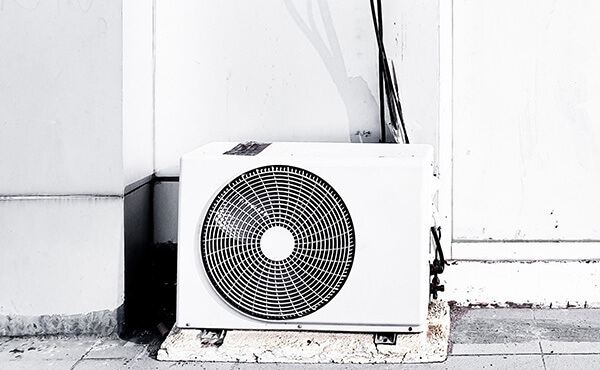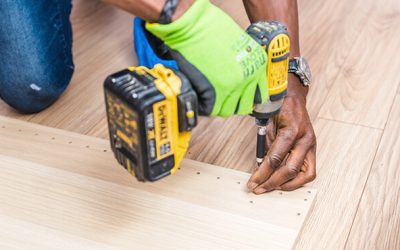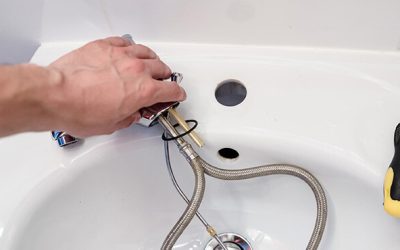Just as doctors encourage yearly physical exams, many heating, ventilation and air-conditioning (HVAC) manufacturers suggest periodic HVAC checkups to ensure your system is running properly. Preventive maintenance will extend the life of your unit and save you money.
With a Preventive Maintenance Agreement (PMA), offered for a yearly fee from your local HVAC contractor, a technician will come to your home to test and inspect your HVAC system before any minor issues turn into major problems. Among other things, the technician will check system functions and safety controls; inspect electrical components and connections; ensure proper airflow and change dirty air filters; and inspect pumps, lubricate and check flow rates, where appropriate.
Twice-A-Year Visits
Although different PMAs are available, technicians usually visit a home twice a year (once before the cooling season and once before the heating season) to ensure everything is working properly. Another all-inclusive option is a lifetime PMA that includes the cost of all maintenance, repairs, components, emergency service and equipment replacement.
It is important to remember that warranties are different than PMAs. A warranty will only last for a certain amount of time and, sometimes, only apply to specific parts of the unit. If a part is not working and it’s still under warranty, the manufacturer will provide a free replacement part. However, since warranties do not cover labor, you will still be responsible for the installation costs.
Maintenance Tips
Manufacturers such as York, a brand of the Unitary Products Group of York-a Johnson Controls Company, point out that while it is important to have a service technician carefully inspect your unit to uncover any leaks, soot, rust, rotting parts, corroded electrical contacts and frayed wires, there are also a few simple maintenance tasks you can perform to improve your unit’s performance:
• Clear debris away from intake and exhaust vents to ensure unobstructed airflow.
• Check the thermostat wire entry point and, if necessary, apply caulk, so a draft won’t influence the thermostat reading.
• Remove several supply and return registers to see if your ducts need to be cleaned.
Kitchen Installation: Things to Consider
There is a big choice of kitchen flooring options to choose from: bamboo floor, walnut floor,...




0 Comments